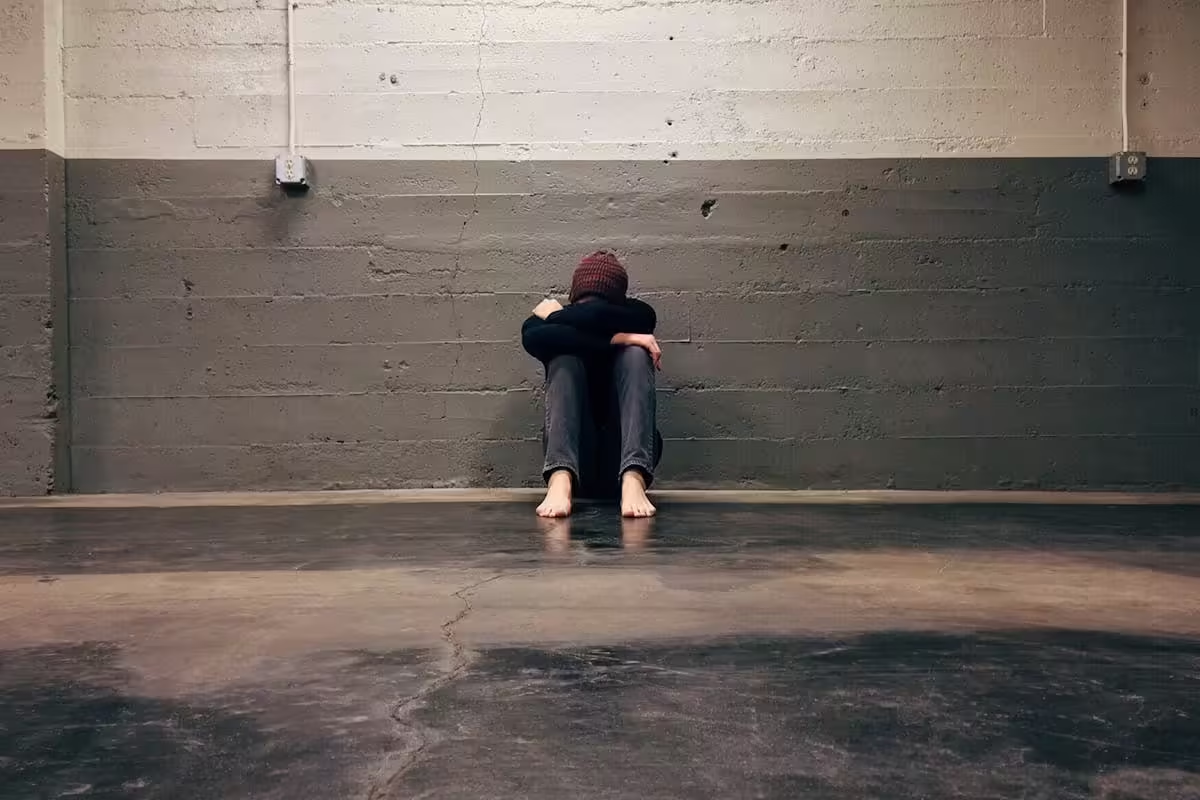Adolescence is marked by profound changes across the physical, emotional, and even mental domains. It is a time when one’s mental health as a young adult can be affected by a host of factors. It is essential, therefore, to appreciate these challenges in order to provide the required assistance. Read further to find data on the subject matter, as well as find useful parenting and real caregiving strategies as adults witness teenagers passing through this stage.
Teenager mental health
As the Pan American Health Organization outlines, the biology of the human being goes through changes starting from 10 to 19 years, and this is a significant “growth period” of preparation for adulthood. Therefore, despite the fact that the majority of young people are able to enjoy a good state of their mental health, some physical changes, some emotional and some social factors may lead some adolescents to the development of a number of psychological social problems, which may include:
– Exposure to poverty;
– Abuse or violence, whether at home or in the school environment;
– Academic pressure and high expectations from parents or society;
– Social isolation or difficulty integrating with colleagues;
– Excessive use of technology and social media, leading to harmful comparisons and cyberbullying ;
– Hormonal and physical changes that affect self-image and self-esteem;
– Family conflicts or lack of emotional support;
– Physical health problems that directly affect mental well-being;
– Discrimination, whether due to ethnicity, gender, sexual orientation or other forms of prejudice.
New structures have certainly been integrated into contemporary society. Nevertheless, some elements have contributed negatively to the mental health of adolescents as well, such as the rise of the digital world – which while increasing the scope to connect with more people in some situations can be the source of relentless pressure, intrusive expectations and even cyberbullying. Furthermore, the ease of many tasks in the contemporary era can be distressing for the youth which internally manifests into anxiety.
Most common psychological disorders that affect mental health in adolescence
In Latin America and the Caribbean, disorders such as anxiety , depression, attention deficit hyperactivity disorder (ADHD), conduct disorder and bipolar disorder are among the most common in this age group. Furthermore, research reveals that for adolescent girls , anxiety and depression are the most common disorders, accounting for 62.6%. However, for adolescent boys , attention deficit hyperactivity disorder prevails .
This frightening data calls for a prudent approach to mental health among adolescents. After all, emotional support, access to mental health services, and prevention strategies are essential in developing such an environment. Most importantly, there is the need to raise awareness about how important it is to note early signs of mental health problems at this stage in life so that interventions would be effective in promoting general well-being among young people.
9 Crucial Tips for Parents and Caregivers to Support Teen Mental Health
Promoting change in yourself and your family environment for the benefit of adolescents’ mental health is not always an easy task. However, with these tips, there are more alternatives for implementing effective strategies that can facilitate this process.
1. Promote open dialogue with non-violent communication
To do this, set aside moments each day to talk, such as during meals, for example, creating a relaxed environment to share experiences of the day.
Additionally, a nonviolent communication approach can be crucial when dealing with adolescents. Instead of impulsive or critical reactions, seek communication practices that involve active listening and expressing feelings and needs in a respectful manner. Finding collaborative solutions can strengthen family bonds and mutual understanding, thus creating a more harmonious and empathetic space to address mental health issues.
2. Be present
Set aside time to be present, not only by participating in activities together, but also by showing genuine interest in what interests your children.
3. Promote a safe environment
Create a safe and comfortable family environment where your child feels protected and understood and, most importantly, is not afraid to express their concerns.
4. Pay attention to the signs
Pay close attention if there’s a slight change in his/her behaviour or mood, such as isolating him or herself, showing too much anger, or even experiencing a change in sleep patterns or appetite. Once that is done, ask the person politely if he or she notices anything different.
5. Encourage seeking professional help
Show support by seeking out a mental health professional during adolescence, explaining that it is normal and healthy to seek guidance when needed.
6. Encourage healthy habits
Take family walks, cook balanced meals together, and maintain a regular sleep schedule to demonstrate the importance of these habits.
7. Reduce pressure
Show that effort is more important than perfection, so praise your child’s commitment, regardless of the final result.
8. Teach conflict resolution strategies
Help your child develop skills to cope with challenging situations and manage stress by sharing your own experiences.
9. Respect individuality
Recognize and respect the teenager’s interests and choices, promoting their autonomy and self-esteem.
Adolescent mental health is a collective responsibility, not just of parents, but also of educators and society at large. It is only reasonable to expect that the understanding, encouragement and, most importantly, the guidance provided postpones this crucial phase to a marriageable age, at which point one is both physically and emotionally ready to assume the responsibilities of a marriage.

